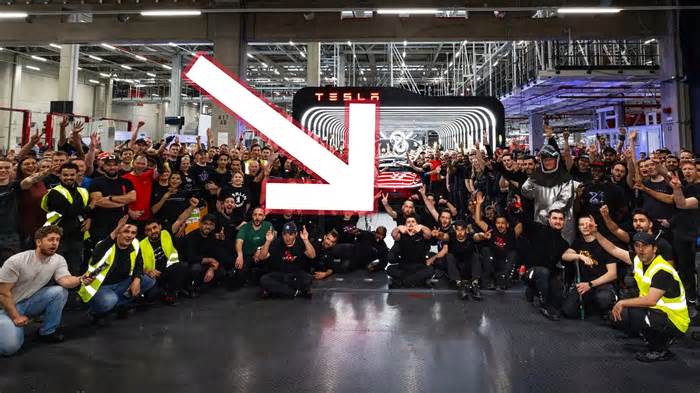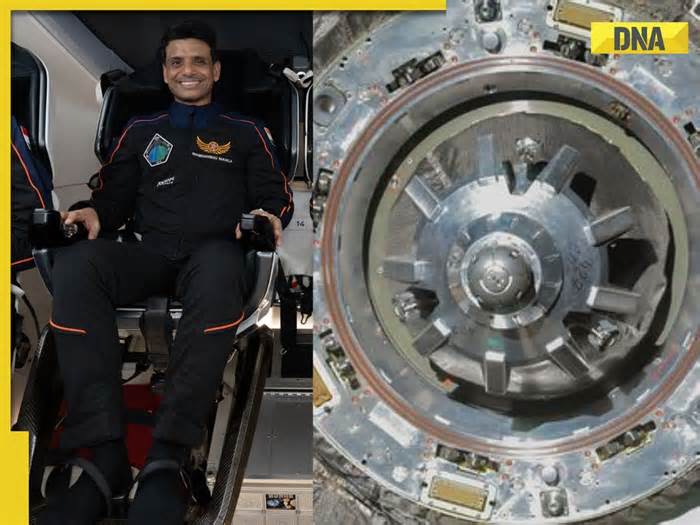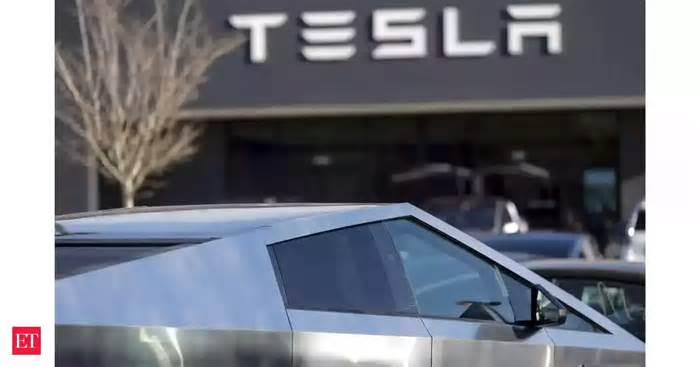
Elon Musk: Artificial Intelligence Poses 'Existential Risk' - NPR
- by NPR
- Jul 18, 2017
- 0 Comments
- 0 Likes Flag 0 Of 5

Elon Musk Warns Governors: Artificial Intelligence Poses 'Existential Risk'
Elon Musk, the billionaire scientist behind Tesla Motors and SpaceX, made a dire warning over the weekend about the future of artificial intelligence to a room full of state leaders.
Sponsor Message SHAHANI: ...Which AI systems will not have. His words, not mine.
GREENE: OK. That's reassuring maybe. So some disagreement here. I mean, does that mean that political leaders, regulators don't need to worry about artificial intelligence taking over the world?
SHAHANI: No, no. It doesn't mean that. I mean, the thing they have to pay attention to at this moment is data, big data, OK? Who is stockpiling it? What are they doing with it, whether they're doing AI or something else? You know, there are only a handful of companies really that collect tons of data on us. And that gives them a huge competitive advantage - OK? - an edge that you can use to shut out others. We're already seeing this very clearly in the world of Internet advertising - right? - where face and Google basically have a duopoly. The European Union just issued a huge fine against Google for exploiting its data advantage in Europe to block competitors. And, you know, when big data defines more and more industries, be it cars, real estate, health care, you could get that same kind of consolidation.
And then we as consumers lose out.
GREENE: Well, what about that other question about labor, like, as in computers and automation killing off, you know, manufacturing jobs and other jobs?
SHAHANI: Right. I mean, automation is definitely scary and dramatic. But again, that's going to take a while. So what the public sector probably has to think a lot more about when it comes to labor right now are old-world problems like discrimination and how they play out in a context where private companies are hoarding and hiding the data, OK? Let's take an example like Uber drivers, OK?
They keep or they lose their jobs based on a rating system. How many stars do you get from a passenger, right? Now, let's say, theoretically, black and brown drivers get lower ratings. Maybe they've got accents that annoy passengers. And so the Uber algorithm, you know, could kick off these drivers with more low ratings on average, which is a form of racial discrimination.
We don't have a regulatory model in place where companies have to test to certify their systems to check for factors like that.
GREENE: OK. Well, at least Elon Musk has given us a moment to have a conversation about this and think about it. NPR's Aarti Shahani covers technology. Aarti, thanks as always.
SHAHANI: Thank you.
Copyright © 2017 NPR. All rights reserved. Visit our website terms of use and permissions pages at www.npr.org for further information.
Accuracy and availability of NPR transcripts may vary. Transcript text may be revised to correct errors or match updates to audio. Audio on npr.org may be edited after its original broadcast or publication. The authoritative record of NPR’s programming is the audio record.
Facebook
Please first to comment
Related Post
Stay Connected
Tweets by elonmuskTo get the latest tweets please make sure you are logged in on X on this browser.






 Energy
Energy

















